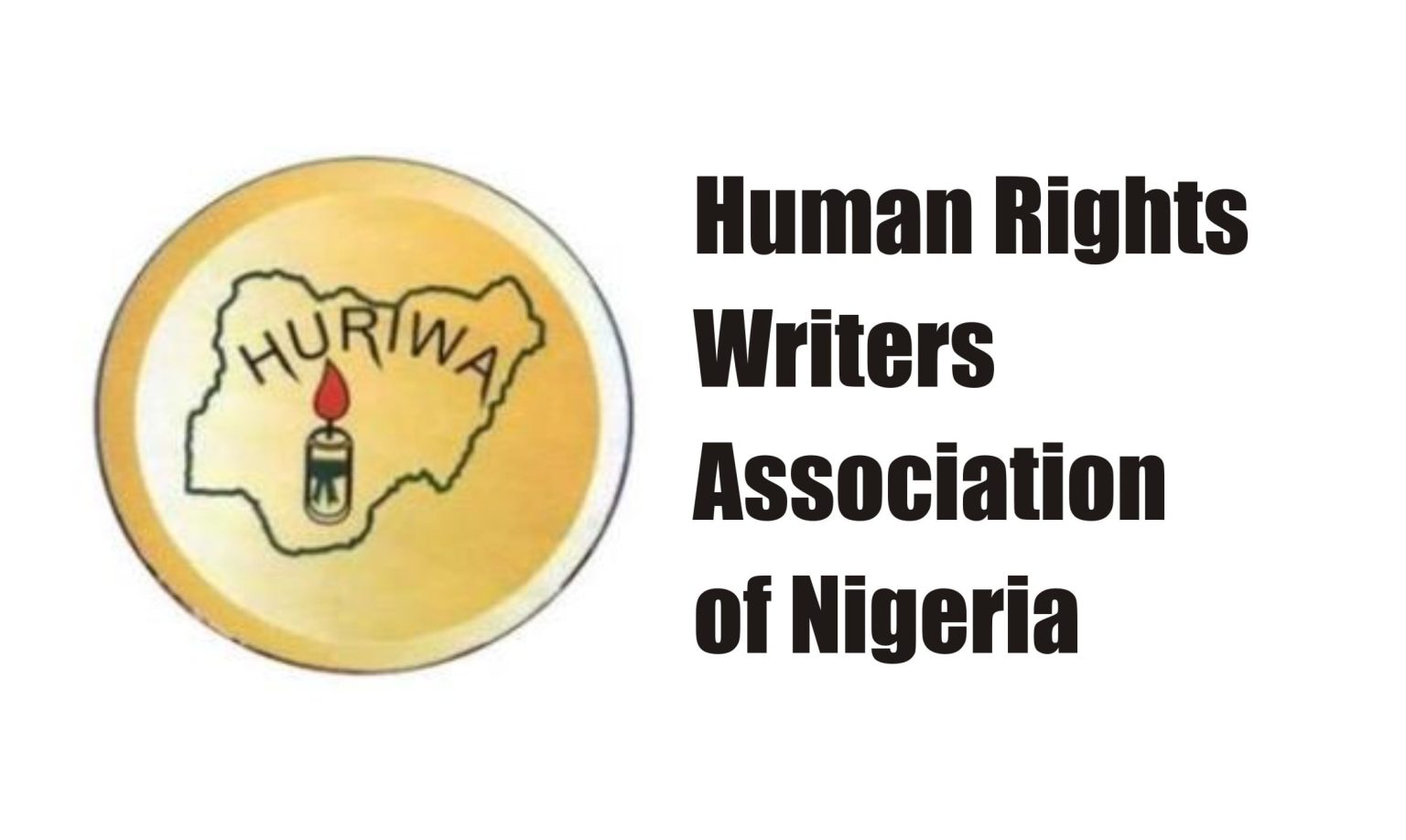The Human Rights Writers Association of Nigeria (HURIWA) has issued a stern warning against the manipulation of historical and legal facts pertaining to traditional leadership structures in Warri, Delta State. This complex issue centers around the authority of the Olu of Warri and the traditional governance of Ijaw communities within the Warri metropolis and the broader Delta State region. HURIWA’s core argument rests on the assertion that existing legal frameworks clearly delineate the Olu of Warri’s jurisdiction to Itsekiri lands, while simultaneously recognizing the autonomy of Ijaw kingdoms. The association emphasizes the need to respect the distinct cultural and traditional practices of the Ijaw people and uphold their right to self-determination within the confines of Nigerian law.
HURIWA’s position is firmly grounded in a series of legal precedents. The association cites the Western Region Laws of Nigeria No. 177 of 1955, the Chiefs Law of 1957 (Cap. 19), the Bendel State Traditional Rulers and Chiefs Edict (B.S.L.N 44 of 1979), and the Delta State Traditional Rulers, Council and Chiefs Law (Cap. T3, 2006) as evidence of the legal recognition of distinct traditional authorities in the region. These laws, according to HURIWA, collectively establish the Olu of Warri’s authority specifically over Itsekiri lands, thereby implicitly acknowledging the independent existence and governance of Ijaw kingdoms such as Gbaramatu, Egbeoma, Isaba, and Ogbe-Ijoh. Each of these kingdoms, HURIWA argues, is entitled to maintain its own traditional leadership structures and practices without undue interference.
Further solidifying their argument, HURIWA points to the 2006 compilation of Delta State laws, which explicitly recognizes four distinct clans within the Warri metropolis: Itsekiri (under the Olu), Okere-Urhobo (under the Orosuen), Agbassa (under the Ovie), and Ogbe-Ijoh (under the Amaokosu). This legal recognition of separate clans, each with its own designated traditional ruler, underscores the principle of localized governance and distinct traditional authorities. This interpretation, HURIWA notes, was recently affirmed by the Court of Appeal in Appeal No. CA/AS/441/2016, a decision delivered on June 5, 2023. The court’s ruling, according to HURIWA, serves as a powerful reinforcement of the principle of traditional autonomy within the Warri metropolis, highlighting the legal boundaries that delineate the authority of each traditional ruler.
The Ijaw kingdoms, HURIWA asserts, are sovereign and self-governing entities, each possessing unique cultural and religious practices that distinguish them from other groups within the region. This distinct identity and historical autonomy, according to HURIWA, must be respected and protected. The association emphasizes the importance of upholding the Ijaw people’s right to self-determination within the broader framework of Nigerian law and tradition. This right, HURIWA argues, is not merely a matter of cultural preservation, but a fundamental legal principle that must be acknowledged and respected by all stakeholders.
HURIWA’s call to action extends to several key actors in this complex situation. The association specifically calls upon the Delta State Government, the National Council of Traditional Rulers, and relevant law enforcement agencies to actively ensure that the established legal boundaries separating these traditional authorities are not violated by any individual or group. This appeal for intervention underscores the potential for conflict if the existing legal framework is not upheld and enforced. Furthermore, HURIWA urges all traditional institutions in the region to prioritize peaceful coexistence, emphasizing the importance of mutual recognition and respect for legal truths as the foundation for harmonious inter-communal relations.
In closing, HURIWA reiterates its unwavering commitment to defending the cultural heritage and traditional rights of all indigenous communities across Nigeria. The association stresses the crucial role of peaceful dialogue and strict adherence to the rule of law in resolving any disputes related to traditional leadership. HURIWA’s statement serves as a call for clarity, respect, and adherence to established legal frameworks in navigating the complex landscape of traditional governance in the Warri region. The association’s emphasis on peaceful dialogue and legal adherence underscores its belief that respecting established boundaries and recognizing the autonomy of distinct traditional communities is essential for maintaining peace and stability in the region.














